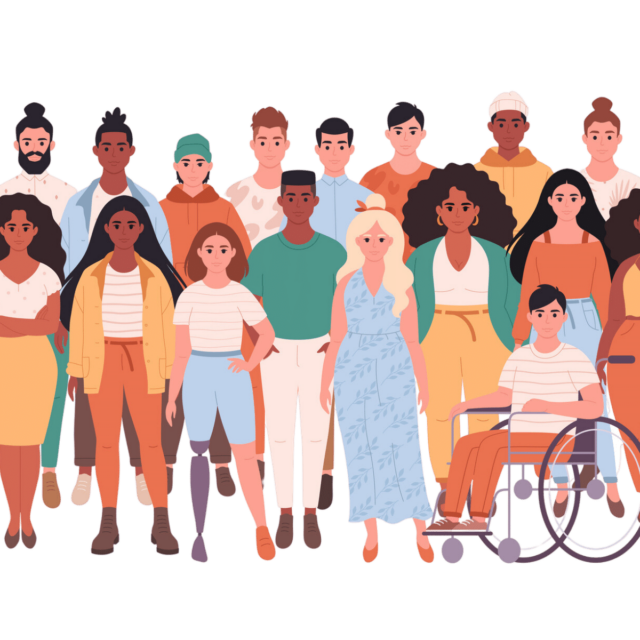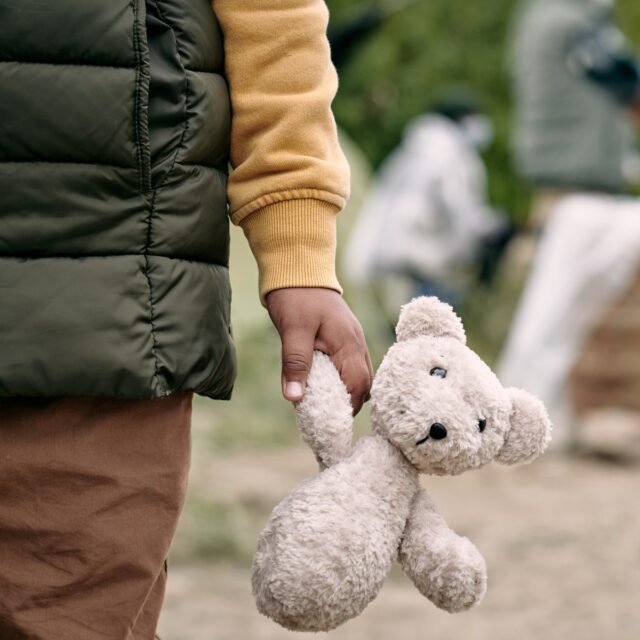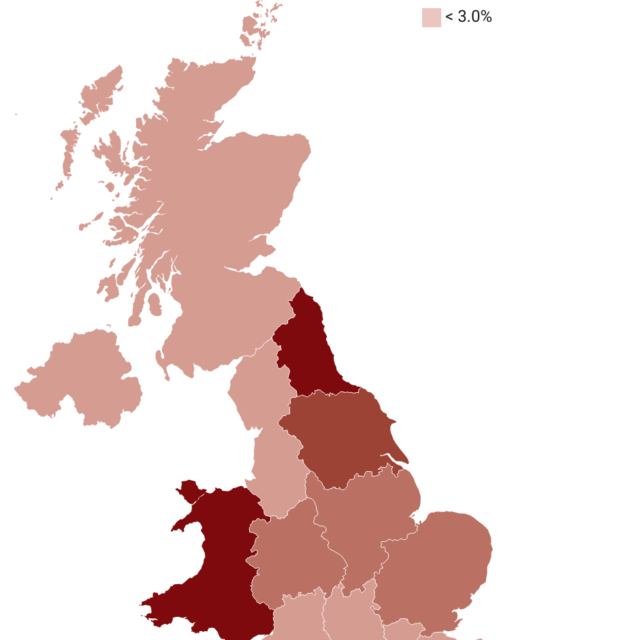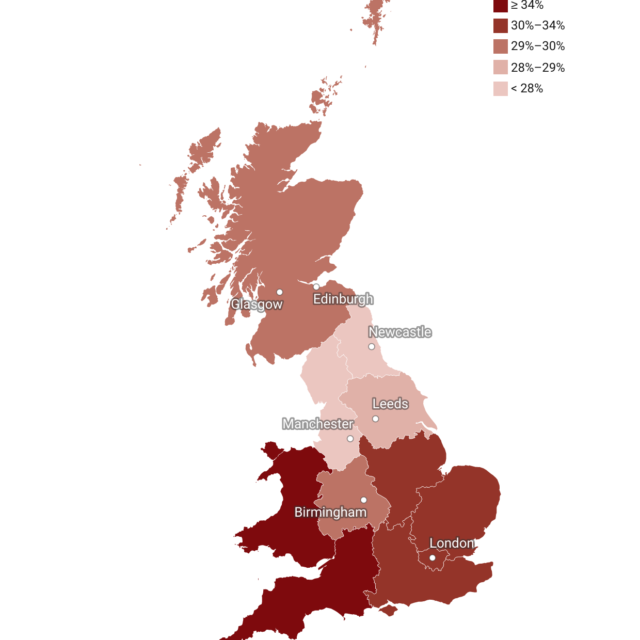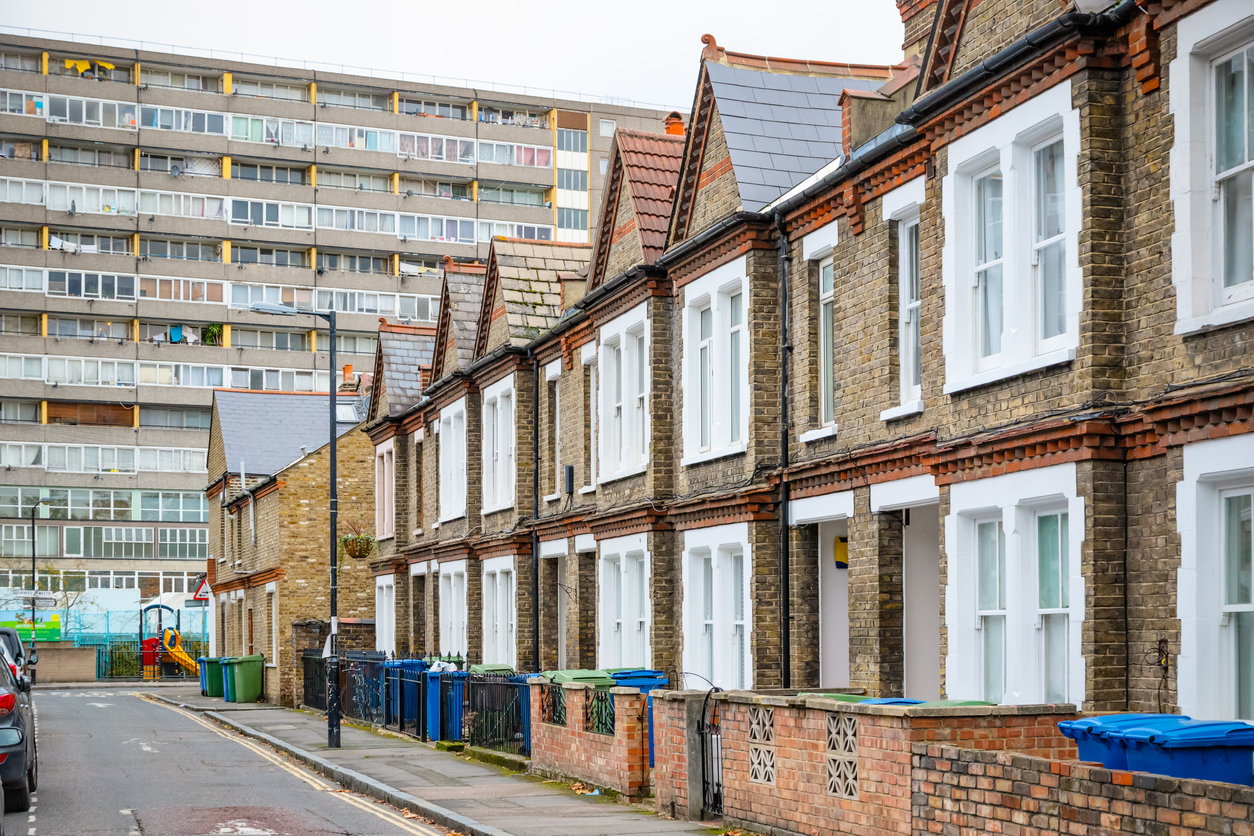Exploring the Lived Experienced of Displaced Children and Young People
This project explores the lived experiences of young people who have been displaced due to reasons including, but not limited to, conflict, human trafficking, discrimination and poverty.

Summary & aims
This research seeks to better understand the lived experiences, priorities and needs of displaced young people living in England. This research is conducted in collaboration with Refugee Education UK (REUK) and the Centre for Equalities and Inclusion at the Office for National Statistics (ONS).
Methodology
This research is based on in-depth interviews with displaced young people, between the ages of 14 and 18, living in England. The interviews explore their priorities, needs, barriers and enablers in relation to their well-being, with a focus on experiences of accessing services, including education, health, housing and leisure. Interviews took place in person, through telephone or online, depending on participants’ preference, and lasted approximately 60 minutes with young people and 30 minutes with parents and carers.
The project uses peer research methodology. Seven young people with lived experiences of forced displacement are part of the research team, contributing towards research design, interviews, analysis and reporting.
The project began in Autumn 2022 and completed in late 2023.
Findings and Recommendations
- Displaced young people and their parents and carers who were not proficient in English upon arrival said language was one of the most difficult problems they faced in terms of making friends and settling into life in the UK.
- Participants described experiencing long waiting periods for decisions to be made about their futures in the UK, which caused stress and worry.
- Among those in this study, people receiving accommodation in hotels, such as those receiving asylum support, described poorer living conditions and limited or no access to basic facilities.
- Participants expressed feeling a lack of choice over their accommodation, describing staying in temporary hotel accommodation for much longer periods than expected and having to move to new accommodation or cities across the UK at short notice.
- Young people experienced stress and anxiety about lessons and exams because of the challenge of adapting to new systems and language barriers and suggested schools could show increased flexibility by letting them use their phones for translations, providing translated copies of the curriculum and allowing extra time in exams.
- Participants found that language barriers and a lack of clarity on how to navigate health systems affected their access to health services, with booking systems perceived as complex and a lack of available translation services for appointments.
- Current and past experiences, including war, conflict and leaving family behind, were said to affect young people’s mental health; participants described self-reliance to manage their emotions, working hard to remain positive but felt more support is needed for displaced young people’s mental health.
Read the full report.
Watch a video summarising the main findings.
Principal Investigator

Researchers




